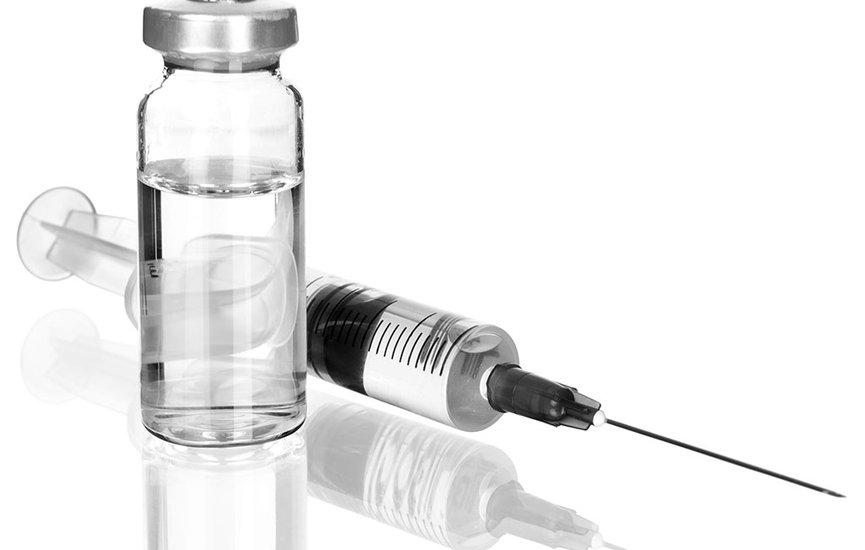Kigali, Rwanda | Africa is taking a major step toward vaccine self-reliance with a €95 million (US$126 million) European investment in BioNTech’s mRNA vaccine facility in Kigali. The funding, consisting of a €35 million grant and €60 million in loans, is part of the EU’s Global Gateway strategy and aims to turn Africa’s long-standing ambition for local vaccine production into reality.
The Kigali facility will use modular BioNTainer units to produce vaccines targeting diseases with the highest health and economic impact on the continent, including malaria, HIV, tuberculosis, and mpox. Pilot production is expected in 2026, and the facility will also serve as a hub for research, training, and technology transfer, creating high-value jobs and building local scientific expertise.
Experts say financing has long been a barrier to Africa’s vaccine ambitions. Michael Olilo, a genetic engineer at Kenya’s KEMRI, said the Kigali project demonstrates how strategic investment can bridge the gap between vision and execution while retaining operational ownership on the continent.
The initiative forms part of a broader African effort to industrialize the health sector. Over 30 vaccine manufacturing projects are currently underway across the continent, supported by governments, development banks, and international partners. Programs like the African Pooled Procurement Mechanism and the African Vaccine Manufacturing Accelerator are helping secure demand and incentivize local production.
The COVID-19 pandemic highlighted Africa’s vulnerability, with less than 1% of vaccines used on the continent produced locally in 2022. In response, African Union members set a target to produce 60% of vaccines locally by 2040, a goal reinforced at the Africa CDC Vaccine Manufacturing Forum in 2025. Kigali’s BioNTech facility exemplifies this shift from ambition to tangible action.
The facility is expected to complement other regional projects, including Senegal’s Institut Pasteur de Dakar, Egypt’s Vaccine Biotechnology City, and South Africa’s Afrigen Biologics, creating a continent-wide ecosystem for research, production, and distribution. Analysts highlight that these initiatives not only improve public health resilience but also contribute to economic growth, job creation, and knowledge transfer.
With Africa’s vaccine market projected to grow from US$1.3 billion in 2022 to about US$5 billion by 2030, Kigali’s facility demonstrates the power of innovation, blended finance, and regional collaboration to strengthen health security and industrial capacity on the continent.
“Africa needs more purpose-built facilities like Kigali’s, combined with a diverse mix of investors, to scale up vaccine production,” said Oluoch, a biotech analyst. “Replicating this model across Africa is key to achieving long-term health and economic independence.”
